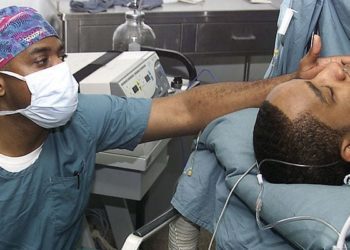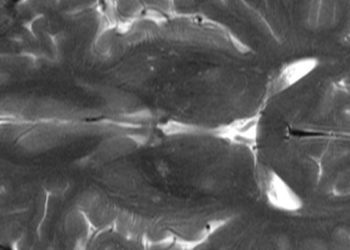Indigenous females have worse emergency health outcomes even when off of reserve
1. Compared to non-Indigenous Canadians, Indigenous females of reproductive age living off of reserves had poorer access to primary care and greater unmet healthcare needs.
Evidence rating level: 3 (Average)
Researchers aimed to assess health care disparities among Indigenous females in Canada living off of reserves. This cross-sectional study collected data on females aged 15 to 55 from the Canadian Community Health Survey from 2015 to 2020, including 2902 First Nations, 2345 Métis, 742 Inuit, and 74,760 non-Indigenous females. Of those in the non-Indigneous group, 70.7% self-identified as being of White race. Researchers specifically focused on females of reproductive age, recognizing that primary care plays an important role in preconception care and improving health during pregnancy and the postpartum period. Compared to non-Indigenous Females, 4.2% (95% confidence interval [CI] 1.8% to 6.6%) fewer First Nations and 40.7% (95% CI 34.3% to 47.1%) fewer Inuit females had access to a regular primary care provider. Additionally, 3.2% (95% CI 0.3% to 6.1%) more First Nations females and 4.0% (95% CI 0.7% to 7.3%) more Métis females reported unmet healthcare needs. Indigenous females were more likely to report using Hospital services for non-urgent care needs, waiting longer for access to primary care, and having worse physical and mental health. Limitations of this study include the use of the Canadian Community Health Survey, which excludes Indigenous peoples living on reserves and uses exclusively self-reporting to collect data. Overall, this study demonstrates that Indigenous females of reproductive age in Canada living off of reserves have poorer access to primary care and greater unmet healthcare needs compared to non-Indigenous females. Future research may expand on this study by including data for Indigenous females living on reserves. The authors suggest that more accessible and culturally competent care needs to be available to Indigenous females living in Canada.
Click to read the study in CMAJ
Image: PD
©2023 2 Minute Medicine, Inc. All rights reserved. No works may be reproduced without expressed written consent from 2 Minute Medicine, Inc. Inquire about licensing here. No article should be construed as medical advice and is not intended as such by the authors or by 2 Minute Medicine, Inc.









